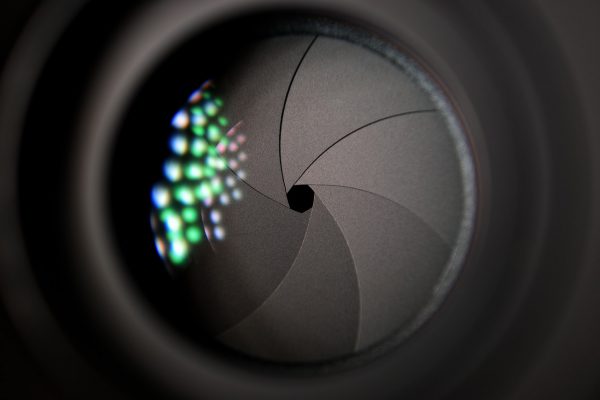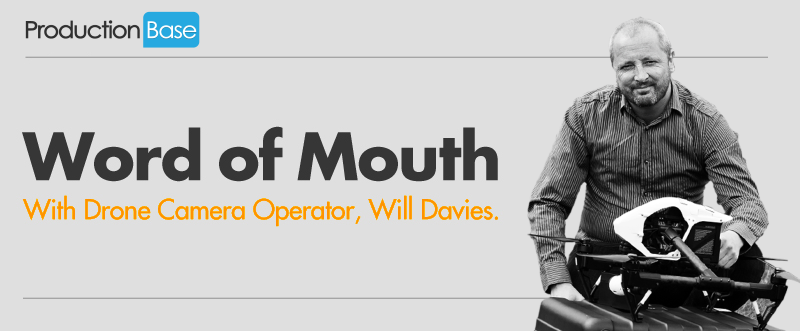
What is a Camera Operator?
While the Director and the Director of Photography set up the mood and the style for each shot, the ones who are hands-on behind each shot are Camera Operators, who combine their technical knowledge with creative input to make sure each clip is a perfect fit for the final product.
Camera Operators work under the Director and Director of Photography and often work closely with technical departments to include sound and lighting. Camera Operators work across a variety of mediums recording moving images. They create the film for music videos, corporate productions, films, TV programmes, and commercials. In this article, we will be discussing what responsibilities you can expect from this role, and the key skills you will need to become a Camera Operator.



